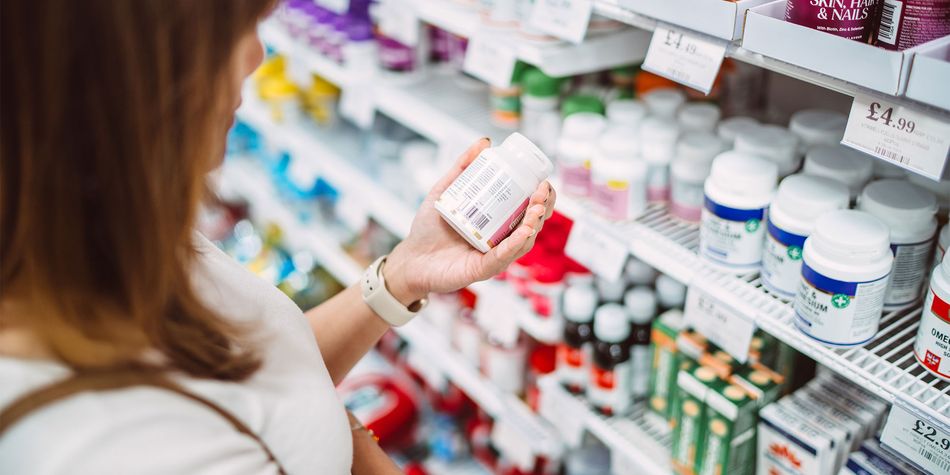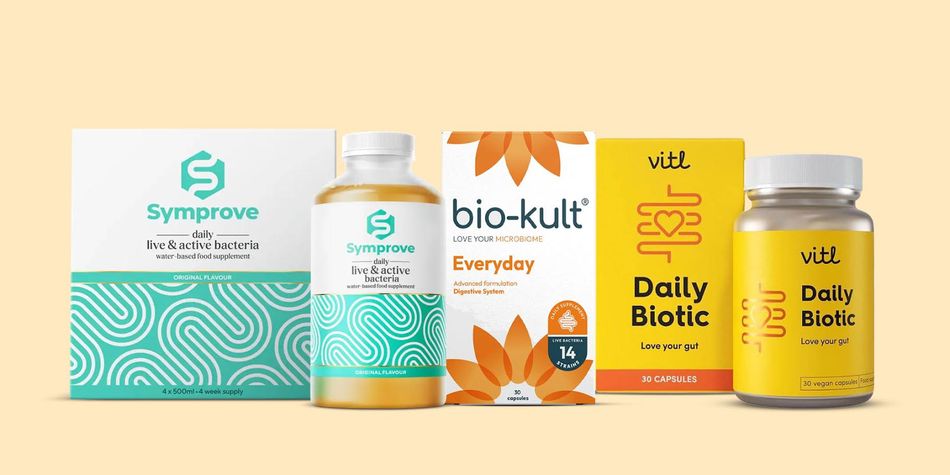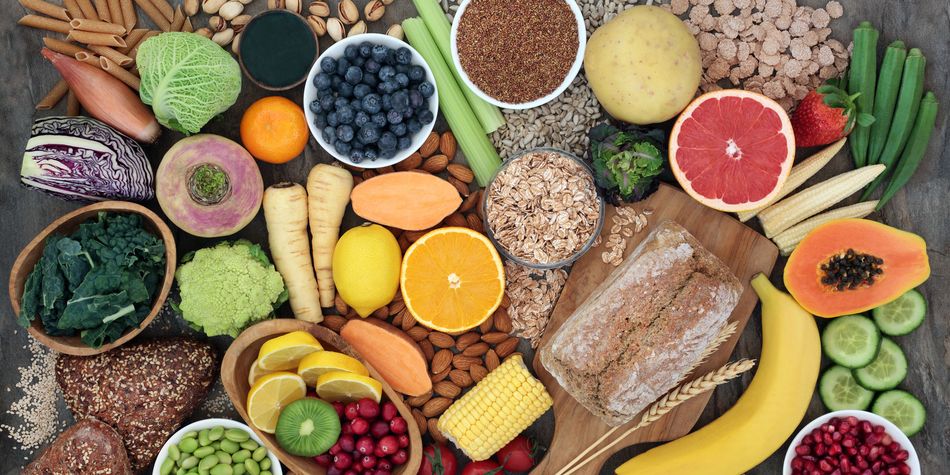By clicking a retailer link you consent to third-party cookies that track your onward journey. This enables W? to receive an affiliate commission if you make a purchase, which supports our mission to be the UK's consumer champion.
6 surprising foods and drinks that could affect your medication

Some food and drink can interact with certain medications, but many people aren't aware of the potential risks.
Here we list some of the food and drink that can impact common prescription medications, from the relatively well known to the unexpected.
It's not an exhaustive list, so you should always read the patient information leaflet that comes with any new meds or seek advice from your pharmacist.
Professor Claire Anderson, president of the Royal Pharmaceutical Society, says: 'Pharmacists are experts in medicines and can offer tailored advice to ensure you’re taking your medicines safely and effectively.'
1. Grapefruit juice

Grapefruit is known to interact with a number of common medications. Chemicals found in grapefruit juice can block enzymes in the body responsible for breaking down medications.
This means medication stays in the body for longer and can lead to much higher (and potentially toxic) doses than expected, although in some cases it can also hinder drugs from entering your system, reducing their effectiveness.
Common meds grapefruit interacts with: statins, calcium channel blockers, immunosuppressants, cytoxic medicines, anticoagulants, antihistamines, sleeping pills (including benzodiazepines) - and more.
2. Liquorice

Liquorice might not be to everyone's taste, but if you're partial, double-check that it won't do more harm than good: excessive amounts can impact blood pressure and potassium levels, among other things.
Be aware that liquorice can crop up in unexpected places, including many herbal tea blends and other drinks, so it's worth checking the ingredients on these - even if it's not listed on the front of the packaging, especially if you drink them frequently.
Common meds liquorice interacts with: blood pressure medicine, diuretics, hormone therapy drugs, blood thinners and more
3. Herbal supplements

Herbal supplements are generally classed as food supplements unless they make specific health claims, and they aren't required to come with extensive information leaflets. But, whether food or nature-based, that doesn't mean they're benign.
Some herbal or food supplements can impact the way your medication works, especially if they are in higher doses than what you'd typically eat (which supplements typically will be).
Some supplements, such as St John's wort and ginkgo biloba, are well known to interact with some medications and typically carry a warning, but others may not be so specific, so it's always best to ask your GP or prescriber if you're thinking of taking any supplements and are on regular medicaiton, to ensure the combination is safe.
Should you stop taking your supplements anyway? See our guide to vitamin supplements you do and don't need
4. Alcohol

Alcohol is one of the more obvious ones to watch on this list. Drinking to excess is bad for your health regardless of whether you're on medication, but people on certain medications should take special care.
With some medications, you're advised to avoid alcohol altogether, while with others you should just limit your consumption.
If you're taking statins, for example, you shouldn't drink more than 14 units of alcohol a week.
Avoid if you're taking: antidepressants, certain sedatives, some antihistamines and more
5. Strong / aged cheeses

If you're taking MAOIs – a less commonly prescribed type of antidepressant that can also be used for neurological disorders and stroke – there's a chance your favourite stinky cheese could have serious side effects.
MAOIs stop your body from breaking down a chemical called tyramine, which these cheeses include, so eating them could lead to a sudden and potentially dangerous rise in blood pressure from increased tyramine levels – the so-called 'cheese effect'.
Aged cheeses include things like parmesan, aged cheddar, blue cheese, camembert and feta. Other foods such as cured meats may have similar effects.
Avoid if you're taking: MAOI antidepressants
What really works to lower cholesterol? From lifestyle changes to stenols and statins, we look at the best ways to lower cholesterol
6. Herbal teas

Depending on the blend, sipping too much of certain types of herbal tea could also impact the effectiveness of your medication.
We've already mentioned that liquorice, found in some herbal teas, could affect your medication. The same is true of some other herbal blends.
Popular herbal teas like green tea and ginseng have been found to affect some drugs in clinical studies.
Avoid green tea if you're taking: certain cardiovascular drugs
Are you supplementing safely? We explore the lesser known risks of some health supplements, and why the regulation isn't as protective as you might think




